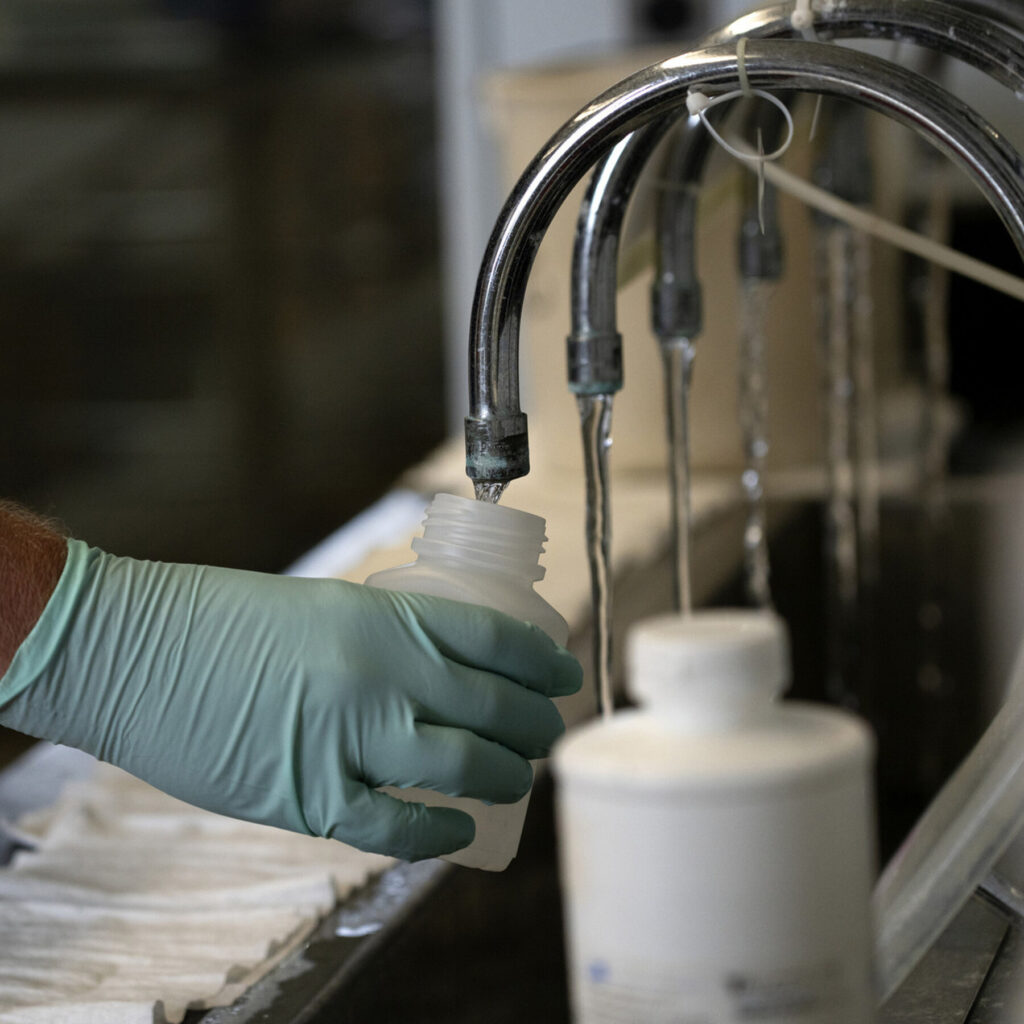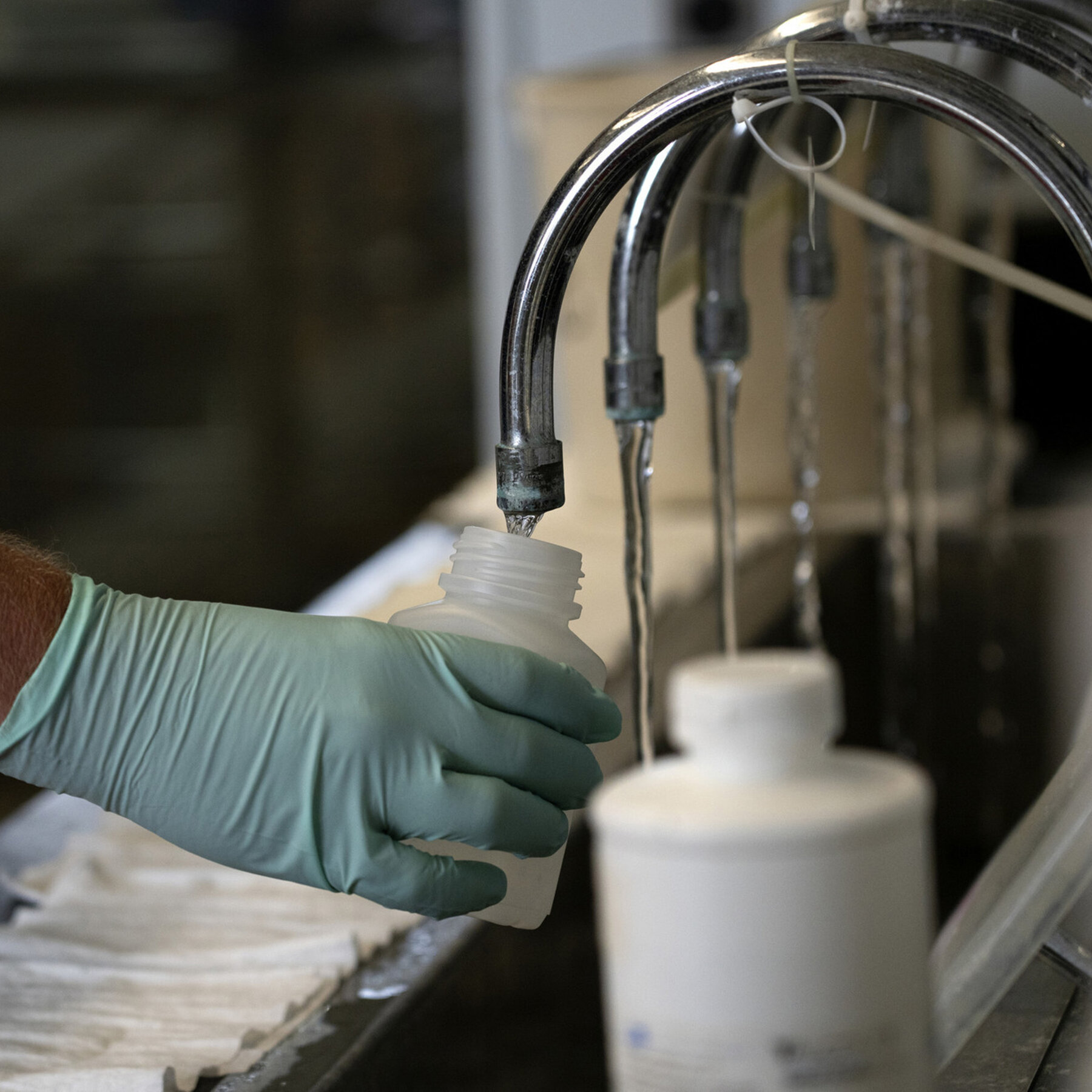E.P.A. Says It Will Tackle ‘Forever Chemicals.’ Details Are Sparse.
E.P.A. Says It Will Tackle ‘Forever Chemicals.’ Details Are Sparse.

A new proposal to combat PFAS contamination, announced by the Environmental Protection Agency, left critical questions unanswered.
Read the full article on NY Times World
Truth Analysis
Analysis Summary:
The article's accuracy is mixed. While the core claim about the EPA's PFAS proposal lacking details is plausible given the context of ongoing PFAS regulation and concerns, the provided sources only tangentially support it. The article exhibits moderate bias by focusing on the uncertainty and potential shortcomings of the EPA's proposal, potentially overlooking positive aspects.
Detailed Analysis:
- Claim:** "A new proposal to combat PFAS contamination, announced by the Environmental Protection Agency, left critical questions unanswered."
- Verification Source #2: Mentions the EPA proposing limits based on the "latest science," suggesting action, but doesn't directly address the level of detail or unanswered questions.
- Verification Source #5: States that "Routine testing for PFAS at plants is also still sparse," which indirectly supports the idea that details regarding implementation and monitoring may be lacking.
- Verification Source #3: Mentions a potential future administration that "would essentially eviscerate the EPA," which implies that the EPA's current actions are significant and potentially under threat, but doesn't speak to the details of the proposal.
- Verification Source #4: Mentions that EPA has set no limits on dioxins, which are "forever chemicals" that persist in waterways, which indirectly supports the idea that the EPA's actions on "forever chemicals" may be incomplete.
- Analysis:* The claim is plausible but not directly verified by the provided sources. The sources suggest ongoing EPA involvement with PFAS, but don't confirm the lack of detail in the specific proposal mentioned in the article.
Supporting Evidence/Contradictions:
- Verification Source #5: Supports the idea that PFAS monitoring and regulation may be incomplete or lacking in detail ("Routine testing for PFAS at plants is also still sparse").
- Verification Source #2: Supports the idea that the EPA is actively working on PFAS regulation ("In proposing the limits, EPA officials said that they had leveraged the latest science to protect the public from PFAS pollution.").
- The provided sources do not directly contradict the claim that the EPA's proposal lacks detail, but they also don't explicitly confirm it.

